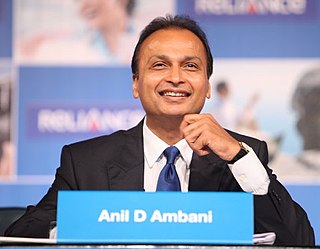A Quote by Tim O'Reilly
I think that companies always become complacent, over time. Or most companies, that is.
Related Quotes
I think what's happening is companies are trying to maximize shareholder value and I think they realized that if they could hire more effectively, they would. What I'm suggesting, though, is that human resources departments in most companies have become so detached - have become such a bureaucracy - that they have become clueless. They don't realize that the processes they have put in place have very little to do with recruiting, retaining and bringing on talent.
I think that we can all learn from what smart companies are doing. My objective is to demonstrate what's possible, even during tough economic times. This is a period of great business dislocation, but that means it's also the time to try new things. This will be a challenge for existing companies. But the behaviors of smart companies can be learned.
Today's consumers are eager to become loyal fans of companies that respect purposeful capitalism. They are not opposed to companies making a profit; indeed, they may even be investors in these companies - but at the core, they want more empathic, enlightened corporations that seek a balance between profit and purpose.
Every company that manufactures something is causing some damage either to the soil or water or air. Most companies treat these as externalities. But the growing movement of sustainability calls for companies to internalize these costs. Once companies do this, they will have a strong incentive to reduce their carbon footprint.

































